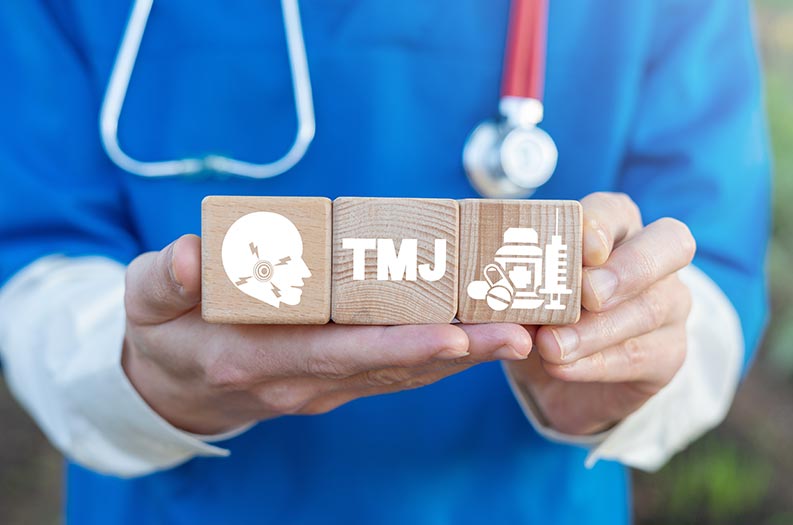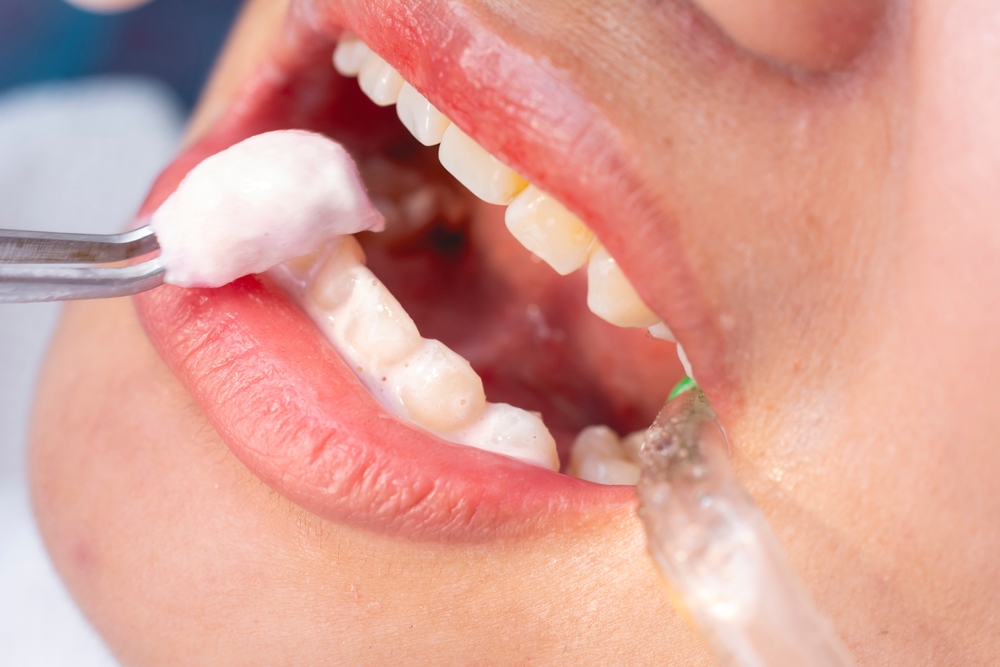Pain or discomfort around your jaw, ears, or in your facial muscles can be more than just an inconvenience. These are often symptoms of Temporomandibular Joint Disorder, more commonly known as TMJ disorder. Today, on the Lexington Dental of Owasso blog, we’re going to delve into what TMJ disorders are, why getting checked for them is crucial, and how our dedicated team can help diagnose and treat this condition.
What is TMJ?
The temporomandibular joint connects your jaw to the temporal bones of your skull. This joint, abbreviated as TMJ, is flexible and allows your jaw to move smoothly up and down and side to side, enabling you to chew, talk, and yawn. A disorder in this joint may cause pain in your jaw, face, and even in and around your ear, among other symptoms.
Symptoms of TMJ Disorders
TMJ disorders manifest with a variety of symptoms, some of the most common ones include:
- Pain or tenderness in your jaw, ear, or face
- Difficulty or discomfort while chewing
- Locking of the joint, making it difficult to open or close your mouth
- An unusual clicking sound or grating sensation when opening your mouth or chewing
Importance of Getting Checked for TMJ
If you’re experiencing any of the above symptoms, it’s essential to get checked for TMJ disorders. Leaving these symptoms unchecked could lead to worsening pain, difficulty eating or talking, and even lead to other oral health problems.
Moreover, TMJ disorders might indicate other underlying health conditions, including arthritis, jaw injury, or a habit of teeth grinding. Regular check-ups can catch these conditions early, leading to better treatment outcomes.
How Lexington Dental of Owasso Can Help
At Lexington Dental of Owasso, we pride ourselves on providing comprehensive oral healthcare, and that includes diagnosing and treating TMJ disorders. Here’s how we can help:
- Diagnosis: Our dentists are well-equipped and trained to identify TMJ disorders. We use a combination of physical examinations, patient history, and advanced imaging technology to diagnose the condition accurately.
- Treatment: Treatment for TMJ disorders depends on the severity and cause of your symptoms. For some, simple self-care practices, like exercises and hot or cold compresses, can help. Others may benefit from medications, a night guard to prevent teeth grinding, or even physical therapy. In more severe cases, dental procedures or surgery may be necessary. Our team will work with you to devise a personalized treatment plan that addresses your specific needs.
- Preventive Care: We believe in the power of prevention. Our team will provide you with guidance on how to prevent TMJ disorders, including stress management, dietary changes, and avoiding excessive jaw movements.
TMJ disorders can significantly impact your quality of life. But with early detection, effective treatment, and good preventive care, you can manage this condition successfully. At Lexington Dental of Owasso, we’re here to guide you through every step of your journey toward better oral health. If you’ve been experiencing any symptoms related to TMJ disorders, don’t hesitate to reach out to us and schedule an appointment. Your journey toward a pain-free, healthy smile can start today!



